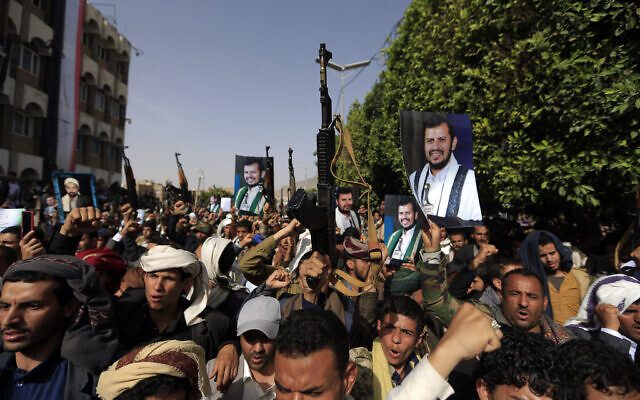On Wednesday, September 14, Yemen’s Ansarallah resistance movement announced that a delegation had left Sanaa to pursue Omani-mediated peace talks in Riyadh.
A member of Ansarallah’s political bureau, Ali al-Qahoum, announced through social media that the delegation had left the Yemeni capital “on board an Omani plane to the Kingdom of Saudi Arabia to complete the previous meetings.”
According to Qahoum, “The topics that will be discussed with the Saudis through Omani efforts and mediation are priority humanitarian files, most notably the disbursement of salaries to Yemeni employees throughout the Republic of Yemen, the opening of airports and ports, the release of all prisoners and detainees, the exit of foreign forces, reconstruction, and reaching a comprehensive political solution.”
Omani-mediated talks between Ansarallah and the Saudis started last April, leading to progress, including a prisoner exchange. Shortly after, the negotiations collapsed due to “US interference.”
In April, the Saudis refused to agree to use revenue from Yemeni oil exported by the Saudi-led coalition to pay civil servants’s salaries who have not received payment since 2016. Instead, the Saudis wanted to transfer the wealth from Yemeni oil to the Saudi National Bank and pay the salaries out of their own funds.
At the time, Ansarallah claimed the US government “insisted that Saudi Arabia refrain from paying salaries.”
Paying these salaries tops the most crucial humanitarian terms in negotiations to end the war in Yemen, along with removing the Saudi-led blockade on the main Yemeni port and airport.
Qahoum confirmed in August that the peace negotiations were in motion again. An Omani delegation visited the Yemeni capital to continue discussing the revival of negotiations later that month.
However, while negotiations have been moving forward, there are still several complications, including the presence of European and US military forces. The UAE continuing to occupy parts of Yemen and its oilfields, ports, and waterways is also a significant obstacle to a mutual agreement.
Ansarallah repeatedly made threats of confronting all foreign troops throughout Yemen and continues to warn the Saudi-led coalition that severe responses are in the near future if negotiated agreements are not respected by all parties involved.
On September 11, Mahdi al-Mashat, the President of Yemen’s Supreme Political Council, threatened that Ansarallah’s “missiles are capable of striking any target in any city of enemy countries, from anywhere in Yemen.”






Leave a Reply